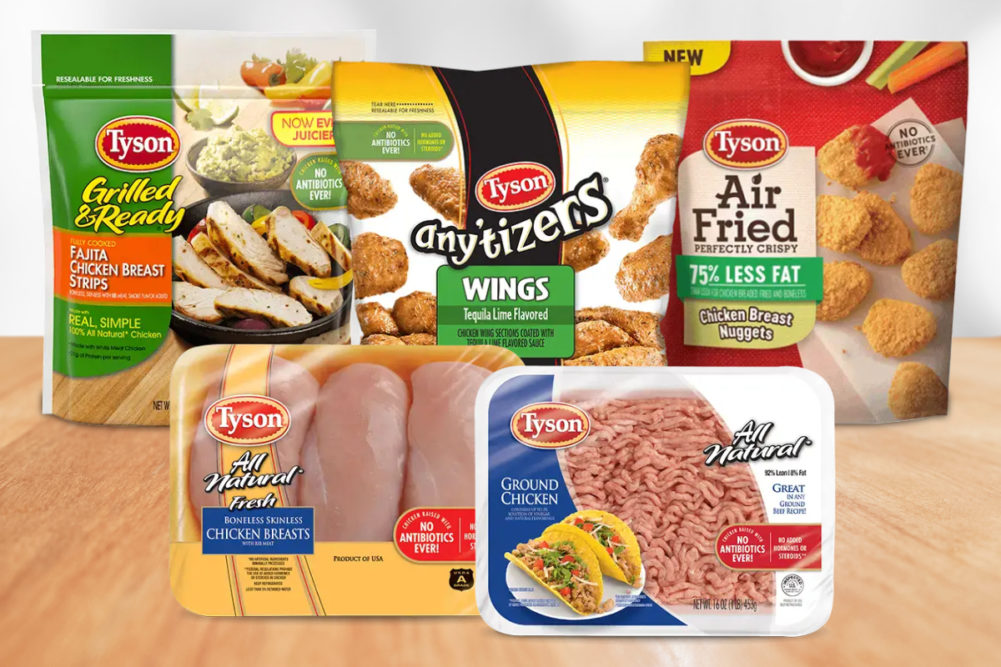In a strategic move towards sustainable practices, Tyson Foods has recently disclosed its venture into insect farming through a partnership with Protix, a pioneering company based in the Netherlands. The major player in the food industry plans not only to invest but also to establish a cutting-edge facility in the United States, signaling a significant shift in its approach to animal feed production.
The focus of this collaboration centers on the cultivation of black soldier flies, nurtured on a diet primarily composed of animal waste. While initially earmarked for pet, poultry, and fish food, the decision reflects a broader trend championed by environmentalists advocating for insects as a sustainable dietary alternative worldwide.
Major meat producer Tyson is investing in Protix, a Netherlands-based insect ingredients maker, with plans to partner on construction of a U.S. factory.
For more, click the image below. https://t.co/k7nDIdg1Ad
— Yahoo News (@YahooNews) October 20, 2023
Tyson Foods, renowned for its beef, pork, and chicken products, is not introducing insects into its protein lineup just yet. However, there’s a clear indication that the company’s meat production will become intricately connected with the cultivation of edible insects. The upcoming Protix factory will utilize byproducts from slaughtered animals—ranging from hides to stomach contents and inedible tissues—to nourish the burgeoning insect population.
This move seems to align with Tyson’s strategy to extract value from waste products that would otherwise be discarded, providing an avenue for additional revenue. Far from imposing insect-based products on consumers, the investment in Protix positions Tyson Foods at the forefront of sustainable agriculture, tapping into innovative solutions for responsible resource utilization.
As the world grapples with the need for more eco-friendly practices, Tyson Foods’ foray into insect farming signifies a proactive step towards a circular economy. By repurposing animal byproducts to sustainably cultivate insects, the company demonstrates its commitment to minimizing waste and contributing to a more environmentally conscious food production system.

